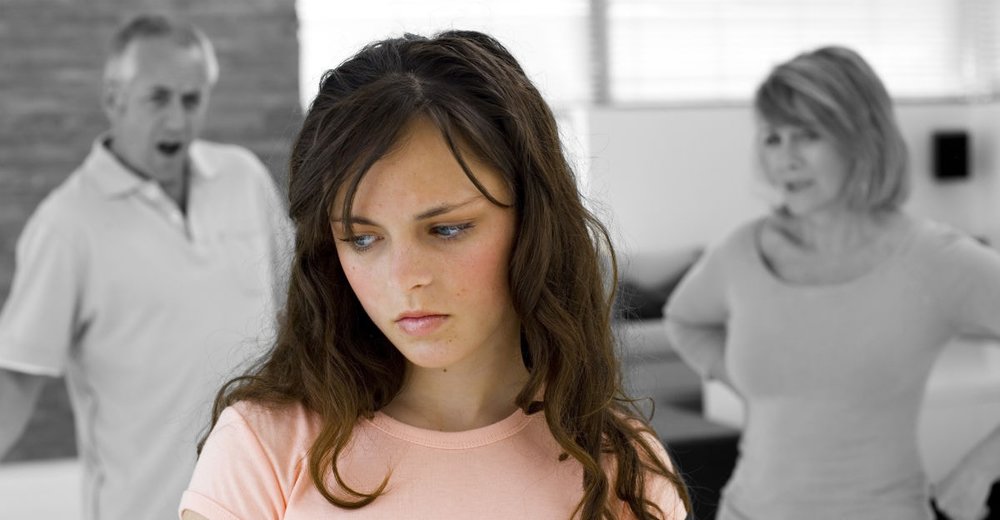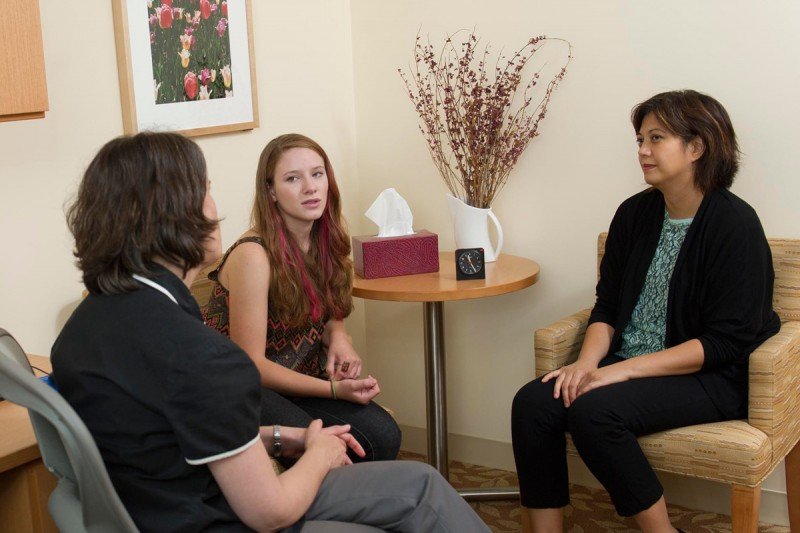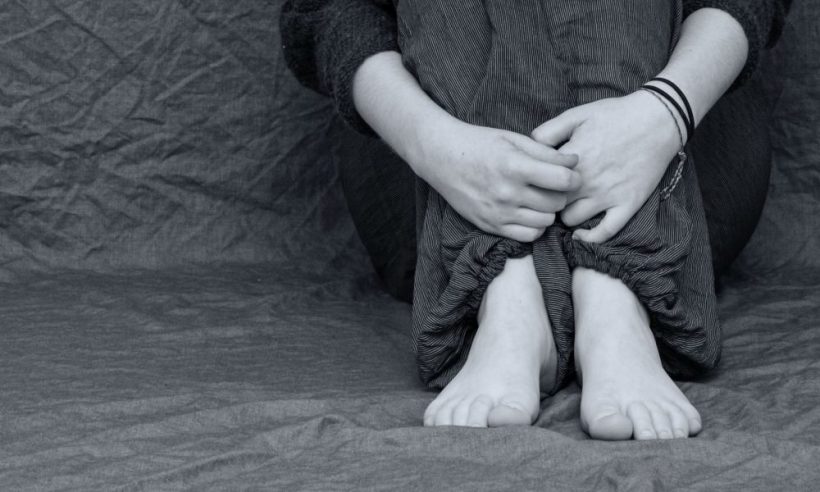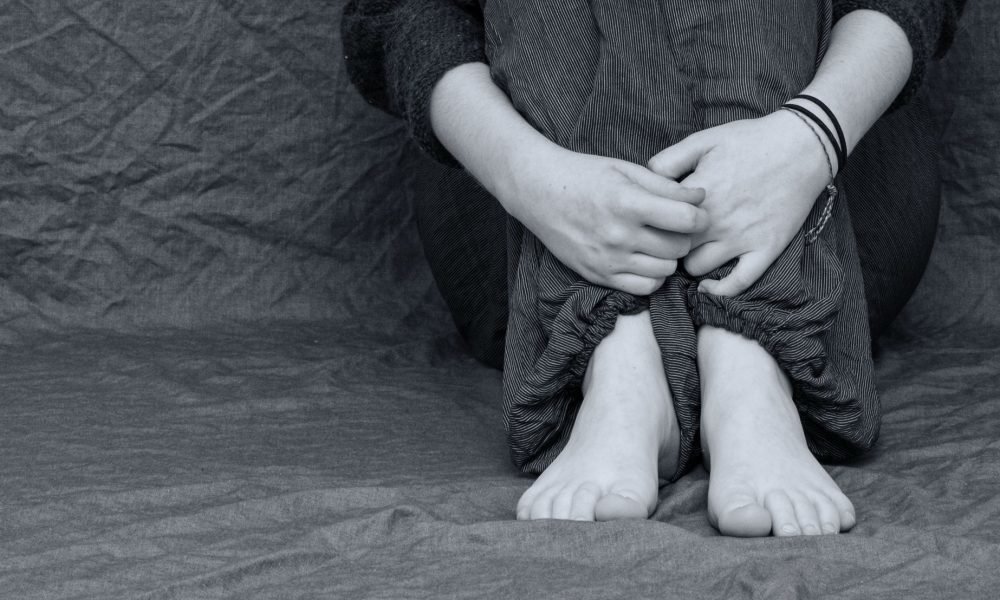Now that we’ve just commemorated the Mental Health Week, we have opened our minds and raised awareness to the importance of mental health and depression. We may know about some famous celebrities who battled depression which ended tragically but this illness is much more common than you may think. In fact, according to a study conducted by BMJ, the percentage of depressed people just keeps getting higher and higher. More worryingly, teenagers are the age group most affected. Our children may even become victims without us knowing it so let us dig deeper about the alarming steep rise of depressed (and self-harming) teenagers as well as what we can do to prevent it.
According to the data they collected from the student’s GP practices, a stepping rate up to 68% of teenagers engaging in self-harm could occur by 2018. The study was conducted after the team noticed a high rise of teenagers engaging in self-harm in 2011. In which, the girls had an astounding rate of 37.4% out of 10,000 girls compared to 12.3% of boys engaging in self-harm.
The team investigated the case further for another three-year period and the data showed a staggering 68% increase of self-harming teenagers.
That’s roughly about twice percentage higher than three years prior. The study was conducted at the University of Manchester wherein about 17,000 students undergo an experiment to determine their mental health based on their GP practices. The medical team predicted that the rate would still run steadily by the end of the year 2017 and the next years onwards. It also revealed that the rising stress and psychological pressure were the most popular triggering factors of depression among these teenagers.

Girls like Sophie Martin often blame themselves for their parent’s fight.
An unfortunate example of this was the case of Sophie Martin, in which she already suffered bullying at her school. Her stress had gotten worse when her dad fought for her custody battle. Seeing her parents on court fighting over her made her blamed herself for what happened.
She said: “It was a release, it was painful, but it made me feel better.”
Things went from bad to worse for Sophie when she confided to her best friend about how she felt.
“She told her boyfriend at the time and then he posted it all over Facebook. That made the bullying worse,” she said.
This psychological case is just one of many factors depressed teenagers were facing. Let us dig deeper about the struggles they’re facing, in order to understand them better.
Continuing from Sophie’s confession a while ago, she also said that moving to a new place, enlisting in a new school, made her depressed because she couldn’t handle the fear that’s been overwhelming her. She felt like she’s leaving everything behind and about to aboard a journey filled with unknown certainties. The fact that she didn’t know anything about the new place she’s staying in certainly put a damp to her confidence. Even though she eventually settled in her new environment, she started self-harming again when her relationship broke down, especially since she didn’t have anyone (her parents), to confess all her fears too.
However, the great thing was that an organized group called Harmless took care of her and gave her a one-on-one session with one of their psychologist. Over time, Sophie had learned to overcome her fear.

Counseling can help your child overcome the depression and the urge to self-harm.
“Talking to someone really helped. You don’t want to say to your mum ‘I hate myself, I hate my body, I hate how I look’,” Sophie says.
Two years on, things are looking up. She is now in her last year of a certificate in beauty therapy.
“I’m great now. My anxiety has really dropped. I still have the fear that I will relapse, sort of.
“That’s why I like to keep Harmless there so I could message them straight away and say I need to see someone.”
In a separate study conducted by Nav Kapur, a professor of psychiatry and population health at the University of Manchester stated that stress in school also contributes to the alarming rise of self-harm cases. This is due to numerous factors like racing for grades, in which our parents are often disappointed if we get a failing mark. Not only that, but bullying often happens at school and social pressure from your peers. If you won’t do what your classmates do (like drinking, smoking, partying, etc.), body image, smart shaming will most likely get you outcast from your peers.

School stress and peer pressure also contribute to depression among teenagers.
Tom Madders, director of campaigns at YoungMinds, said that communication is the key to battle depression. Don’t belittle your kids when they confess something to you. Show compassion and try to understand them from their perspective but most of all, build their confidence and trust.
Source: Read Full Article

